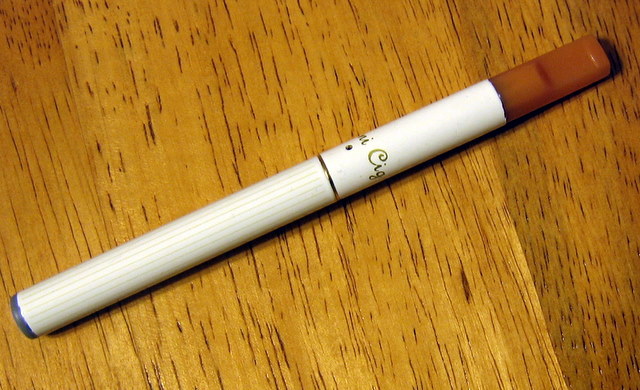The Indian Express
The campaign against smoking at public places and sale of gutkha packets within 100 metres of educational institutions seems to have lost steam in the city with the Food and Drug Administration (FDA) unable to strictly implement Sections 4 and 6 of the Control of Tobacco Products Act (COTPA). After an impressive show in 2010-11, as seen from the fines collected from violators, 2011-12 saw a dip in number of people being fined. Food and Drug Administration officials admit that the focus on regularisation of licenses of food vendors under the Food and Safety Standards Act was partly responsible for the decline in 2011-12.

